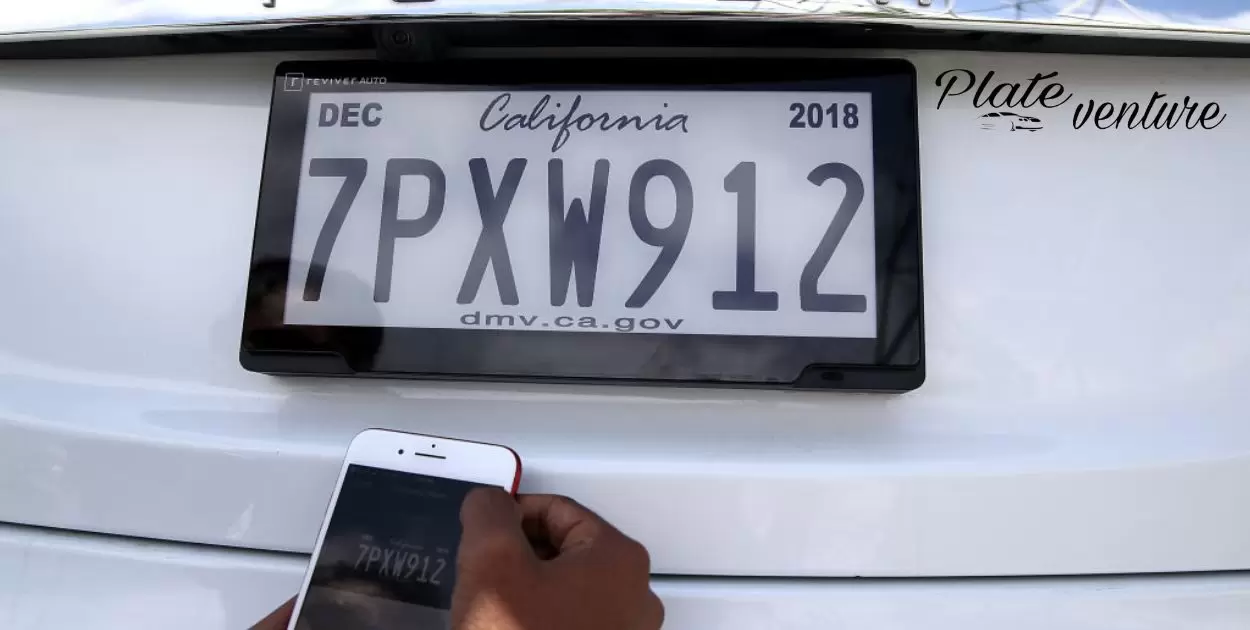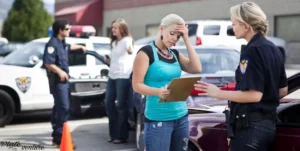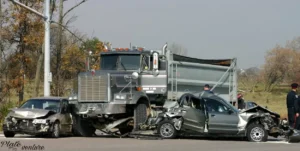Taking photos of license plates raises questions around privacy and the legalities of documenting personal information. With camera phones making it easy to snap photos anywhere, people wonder if capturing license plates crosses privacy boundaries.
While license plates contain no private data, some view photos of them as an invasion of privacy. However, in most cases, there are no laws prohibiting license plate pictures. As plates are publicly displayed on vehicles, photographing them is generally legal, with a few exceptions. Still, issues around privacy and ethics remain complex.
Laws on recording license plates vary by state and situation. While usually legal, regulations can differ when photos are tied to illegal activity or shared inappropriately. Additionally, if pictures are used to enable harassment or stalking, laws may prohibit such recordings or their distribution. With this context in mind, the legality depends on how and why license plate images are captured and used.
Is It Legal to Take Pictures of License Plates?
In most cases, there are no laws prohibiting taking photos of license plates when they are publicly visible. As license plates are displayed on the exterior of vehicles, photographing them is generally legal in the United States, with a few exceptions.
However, laws on recording license plates can vary in certain situations:
- If the photos are tied to illegal activity like stalking or harassment
- If the pictures are shared inappropriately in ways that violate privacy
- If done for commercial purposes in some states
Regulations differ country by country. For example, in Europe, license plate photos may violate stronger privacy laws like the GDPR depending on how images are processed and used.
So while usually legal, some specific circumstances can make photographing license plates illegal. The legality often depends on:
- How and why the images are captured
- How they are used or shared
- Local and national laws
When Is It Illegal to Photograph License Plates?
There are a few key situations where capturing photos of license plates crosses legal boundaries:
- Using images to enable stalking or harassment: If pictures are used to stalk or harass specific drivers, laws may prohibit such recordings or their distribution.
- Tying images to other illegal activity: If license plate photos are connected to crime like planning a robbery, legal issues come into play.
- Commercial use without consent in some states: A few states restrict commercial use of license plate images without driver consent.
- Privacy law violations: In countries with strong privacy laws like GDPR, capturing and processing license plate photos may require consent.
So laws on recording license plates vary by state and situation. While usually legal, regulations can differ when photos are tied to illegal activity or shared inappropriately.
What Can Someone Do With A Picture Of Your License Plate
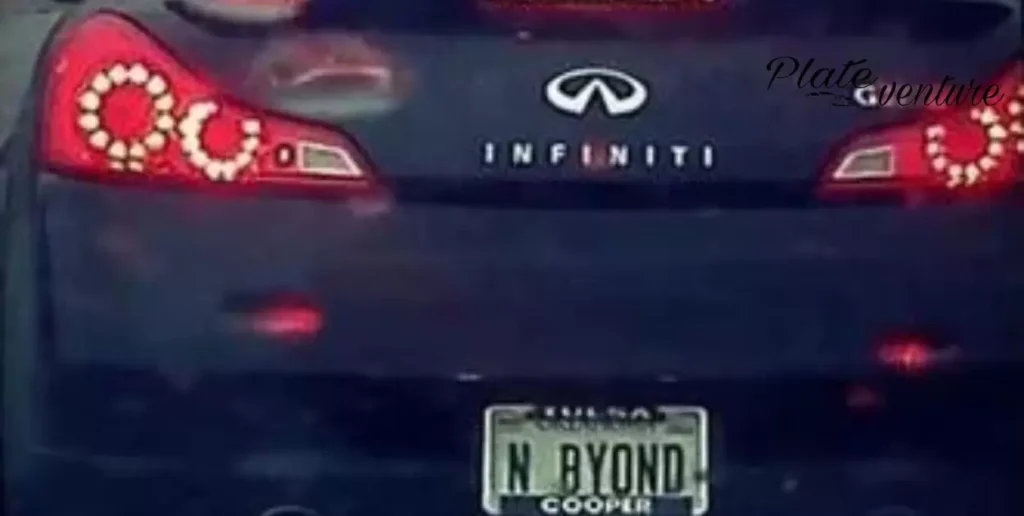
A license plate contains letters and numbers that identify a vehicle. Pictures of license plates can be used to look up information about a car. For example, someone could find details about the car’s owner, make and model, or service history.
Pictures of license plates are usually legal to take in public places. But issues can arise if the photos are used to stalk someone or enable harassment. For the most part, a single photo of a license plate does not reveal much private information. But many people still worry about privacy when their plate is photographed by a stranger. They may not want Steering Assist Is Reduced Drive With Care Gmc their driving patterns tracked over time.
To summarize, pictures of license plates generally do not provide sensitive personal information. But some drivers are still concerned about their privacy being violated. And the photos can be used to lookup vehicle records or track movements in some cases. So while usually legal, there are some potential issues with strangers photographing your license plate.
Ethics and Privacy Concerns Around Photographing License Plates
Aside from legal issues, ethics and privacy concerns also come into play when considering license plate photographs.
What Information Can Be Derived from License Plates?
License plates themselves contain no private information – only a sequence of numbers and letters. However, when tied to external databases, more details can potentially be uncovered:
- Vehicle registration information like make/model and VIN
- Personal details of the registered owner
- Movements and locations if photos are taken over time
While individual license plate shots may not reveal much, the advent of modern technology means that collecting and combining images can paint a more complete picture of a driver’s movements and identity.
As digital cameras and image processing techniques advance alongside growth of databases, privacy risks around license plate recording may evolve.
Do License Plates Carry Reasonable Expectations of Privacy?
Philosophical views differ on whether publicly visible markers like license plates carry reasonable expectations of privacy.
On one hand, license plates are explicitly displayed to be viewable by others while driving on public roads. So some argue that photographing such publicly broadcast information should not be considered invasive.
However, others counter that just because details like license plates are technically visible does not mean unlimited recording and tracking of individuals’ movements should be acceptable. Factors like the scale of collection, processing, and combination with other data sources shape these privacy expectations.
So there are good-faith arguments on both sides of this issue when it comes to ethical obligations and social norms, even if laws allow such recordings.
Is It Illegal To Take A Picture Of Someone’s License
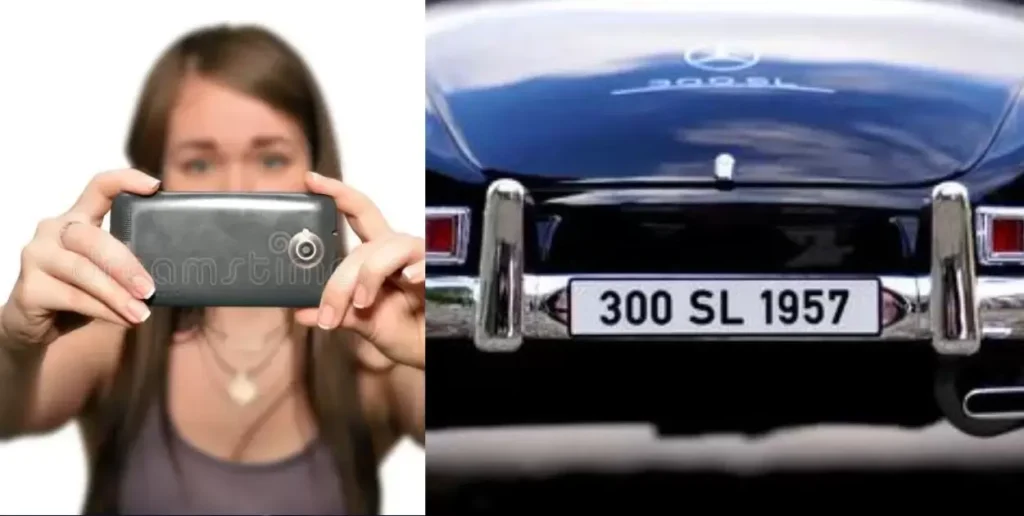
Taking a photo of someone’s license without permission raises legal issues. In most states, licenses have personal information. So photos could enable identity theft.
However, some laws distinguish public versus private use. For example, New York restricts use of license photos for commercial purposes. But personal archiving is normally allowed. Still, permissions and privacy matter. It’s best to avoid sharing license photos without consent.
Road Rage Take Picture Of License Plate
| Topic | Sentences |
| Definition | Road rage is aggressive driving that involves angry and dangerous behaviors. |
| Common road rage behaviors | Tailgating, cutting off other cars, yelling, rude gestures, taking pictures of license plates. |
| Why pictures of plates are taken | To report the driver to police. To intimidate or get revenge on the driver. |
| Legality | Usually legal to take pictures of license plates in public. |
| Issues | Privacy concerns. Can enable harassment if used to target specific driver. |
When angry drivers experience road rage, they may take pictures of the other vehicle’s license plate. This is often done to try to report the driver to the police or intimidate them.
While generally legal, it raises privacy issues and can cross ethical lines if used to harass someone. The table presents the key points about why road ragers photograph license plates in easy short sentences.
Scenarios: When and Why Pictures of License Plates May Be Taken
There are a variety of motivations people may have for capturing license plate images. The reasons for recording these photos can shape the ethical and legal considerations.
Recording Memories During Events
Photos of license plates may simply be incidental if taken at events like:
- Concerts
- Rallies
- Fairs
- Sporting events
If images of vehicles and license plates are captured while people record memories of attending these public events, privacy expectations and legal issues are relatively minimal.
However, considerations around distributing such photos widely online and tagging or identifying drivers still apply.
Documenting Traffic Incidents
Recording license plate details can provide helpful documentation and evidence during accidents and traffic incidents. This can assist with:
- Insurance claims
- Police reports
- Establishing sequence of events
- Identifying vehicles and drivers involved
As long as images are used only for documentation purposes rather than shared inappropriately, this type of license plate photography raises few ethical or legal problems.
Reporting Dangerous or Illegal Activity
Similarly, photographing license plates to report illegal or dangerous activity like:
- Reckless driving
- Parking violations
- Hit and runs
Can help authorities identify offenders for traffic enforcement. Generally these situations do not violate laws or reasonable privacy expectations, unless photos are used to enable harassment.
Tracking or Targeting Specific Vehicles
More concerning motivations like tracking or targeting specific vehicles and drivers for various reasons are problematic. For example:
- Romantic interests
- Former partners
- Neighbors
- Coworkers
Using license plate photos to follow or document individuals without consent for interpersonal reasons can quickly violate stalking and harassment laws. Even if not explicitly illegal, this type of targeting photography betrays ethical obligations to respect others’ privacy.
So while taking photos of license plates is usually legal, the motivations and usage behind recording such images shape the ethics and potential violations involved.
Best Practices Around License Plate Photography
When capturing images that contain license plates – whether deliberately or incidentally – following certain best practices can help avoid legal and ethical pitfalls:
- Avoid directly identifying or tagging drivers without consent
- Do not share or distribute the photos inappropriately
- Only use the images for reasonable stated purposes
- Delete photos after fulfilling intended documentation needs
- Check state laws if considering commercial usage of license plate images
- Consider anonymizing plates if publishing photos where vehicles are incidentally included
- Obtain consent if engaged in systematic tracking of individual license plates
Exercising caution and respecting drivers’ privacy around license plate pictures can help avoid crossing ethical lines even if specific laws are not violated.
The Bottom Line
In most cases, there are no laws restricting photographing license plates when they are publicly visible. Capturing images of license plates displayed on vehicles driving on roads is generally legal across the United States.
Regulations can differ based on how photos are used, tied to other illegal activity, or shared in ways that enable harassment or stalking. Additionally, some states prohibit commercial re-use of license imagery without driver consent.
So while snapping pictures of license plates is typically legal, issues around privacy, ethics, re-use policies, and laws merit careful consideration depending on the motivations and usage. By following responsible practices, photographers can avoid violating reasonable privacy expectations even if license plate pictures themselves are not explicitly illegal in most situations.
Frequently Asked Question
Is it illegal to photograph license plates?
Generally no, as license plates are visible in public so there is no expectation of privacy. However, the use of the photos could be illegal.
When does photographing license plates become problematic legally?
If the photos are used to stalk, harass, intimidate or otherwise violate privacy. Commercial use also often requires consent.
Can I freely snap and share pics of license plates?
Sharing widely without consent can enable abuse, so ethical and legal considerations apply regarding permissions and privacy.
Is it ok to take a one-off photo of a license plate?
In most cases, a single incidental photo just kept personally should be fine legally. But repeated, targeted photo collection causes more concern.
What if I photograph then lookup a license plate to get the owner’s details?
That likely violates privacy laws, as you are accessing personal information without consent just because a plate was visible.
Conclusion
In most cases, simply taking pictures of license plates is not illegal. As license plates are publicly displayed, there is no expectation of privacy. However, the use of the photos could be illegal. For example, using license plate information to stalk or harass someone would be unlawful.
So while casually photographing license plates does not break the law, what you do with those photos matters. If the images are used improperly to violate someone’s privacy or enable a crime, then legal issues arise. Overall, taking license plate pictures has become commonplace, but ethical and legal considerations still apply regarding consent, permissions and ensuring respect for people’s personal information.
